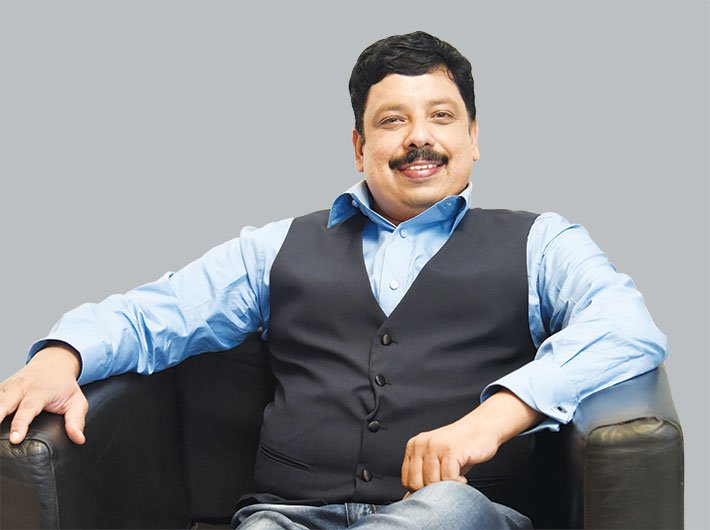
When we talk about India and its culture, traditions and religious beliefs, mythology plays a significant role in determining it. Carried forward by the art of storytelling, fiction writing in mythology as a form of literary genre has earned a lot of recognition in contemporary India. It is known for its fascinating telling and retelling of legends, sagas and epics that successfully develops a form of curiosity, excitement and wonder amongst its readers.
Anand Neelakantan, a mythological fiction writer and the author of “Vanara: The Legend of Baali, Sugreev and Tara”, in an exclusive conversation with the TOI Books, introduces us to the grandeur of his literary life and talks us through his most difficult yet enjoyable experiences with writing and retelling of stories. According to him, “Writing itself is an inspiration. Right from my childhood I wanted to write. It took a lot of time to get published but I believed I always wanted to be a writer and I am doing exactly what I love.”
Elaborating on the process of his writing, the author adds, “Writing is something that I do every day, come what may. Sometimes I have to force myself to write. It’s like any other profession in the world. You have to force yourself to write.”
Having published several books on ancient myths and epics, author Anand Neelakantan expresses his satisfaction over the success of his recent writings and shares with us some insights into the future possibilities that awaits us, “The last book was “Vanara: the legend of Baali, Sugreev and Tara”, which will become a multi-lingual film i.e. in Hindi, Tamil and Telugu and with dubbing in Malyalam. The work is still in process and the one which is yet to come, is the second part of the Bahubali series i.e. Rise of Sivagami’s next book tentatively named as “Chaturanga”, which is also becoming a Netflix series.”
Finally, author Anand Neelakantan advices young aspiring authors to read a lot and engage in a lot of writing. He says, “It’s like practicing any other art form. If you’re a guitarist or a dancer, you’ll have to practice for hours. Writing is also like that. The more you practice and the more you read, the better writer you’ll become.”
Byline: Tenzin Chodon
This article is originally published on Times of India

0 Comments